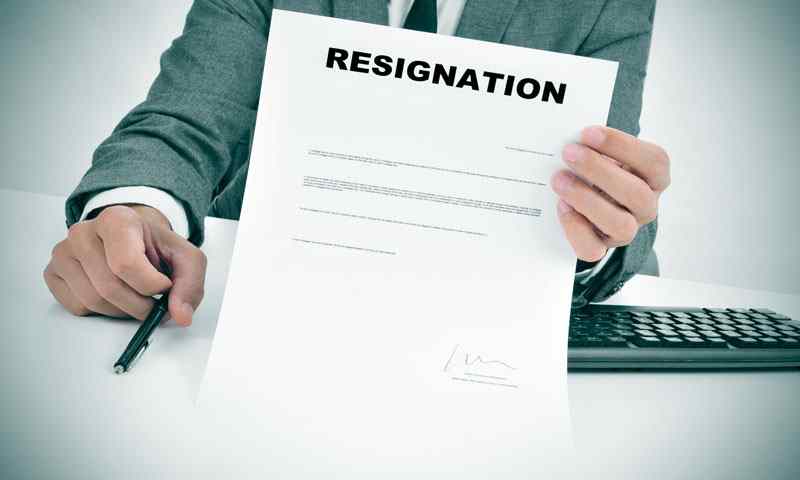
However, the court did have its doubts and noted in her decision that disclosure of information could have helped the public understand the “vast and seemingly ever-growing exercise in which we have been engaged for well over a decade, at great cost in lives, treasure, and (at least in the minds of some) personal liberty.”
However, remarking “the Alice-in Wonderland nature of this pronouncement is not lost on me,” McMahon ruled that the government was not under any obligation to hand over the information that the Times had sought. Apparently, the information needs to be kept from the public for the protection of the public.
In the instant lawsuit, NY Times, and two reporters, Charlie Savage and Scott Shane, had sued to obtain details of the drone program, including the authorization of the killings of U.S. citizen Anwal al-Awlaki and his 16-year old son, in separate drone strikes in Yemen.
In a statement, New York Times assistant general counsel David McCraw said, “We began this litigation because we believed our readers deserved to know more about the U.S. government’s legal position on the use of targeted killings against persons having ties to terrorism, including U.S. citizens. McCraw also said that despite ruling in favor of the government, the judge had quite eloquently reasoned “why in a democracy the government should be addressing those questions openly and fully.”
However, present laws allow the government to keep details of such targeted killings confidential, but McMahon observed in her ruling that there were “legitimate reasons, historical and legal” according to protections enshrined in the Constitution as to whether and how far the administration could unilaterally authorize killings that take place outside a field of battle.


































